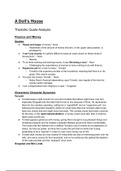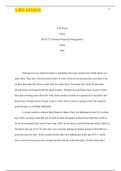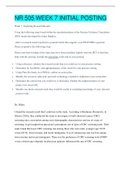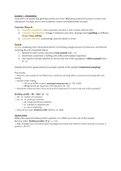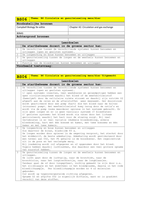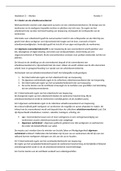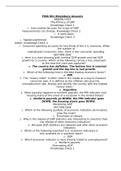Class notes
A Doll's House Thematic Quotes Analysis
- Course
- Institution
- Book
This is my complete set of notes for Henrik Ibsen's 'A Doll's House' based on my own reading of the play and analysis. It includes some brief context notes and quite a few critic quoes as well that are very useful for essays. I divided my quotes into themes to best help with essay writing too.
[Show more]
